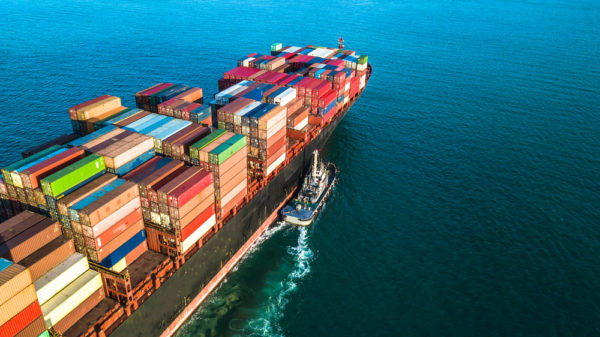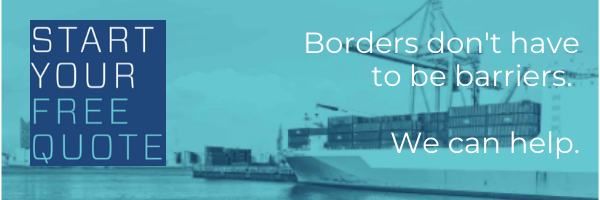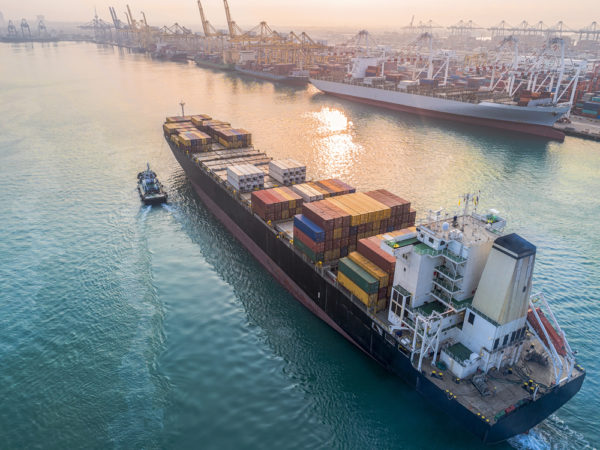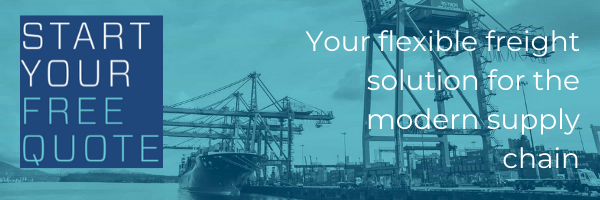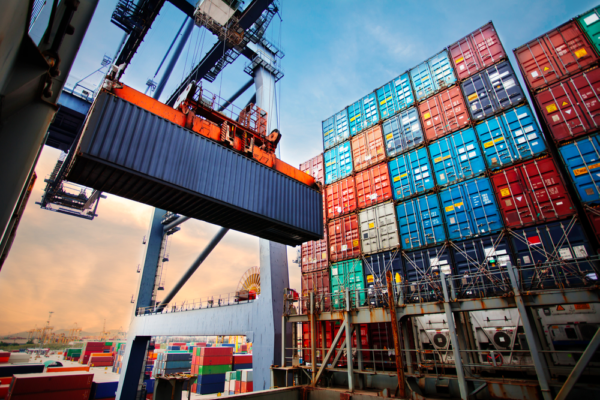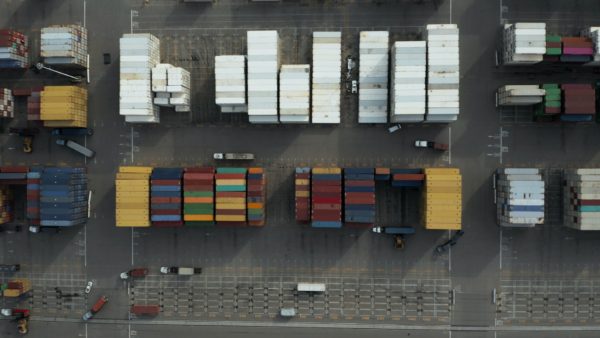June 30, 2020
Everything You Need to Know About CUSMA

Since March, there have been several updates made to the U.S.-Mexico-Canada Agreement (CUSMA). The following is a timeline of all of the major announcements that we’ve been tracking here at Carson International.
March 14 – CUSMA is Approved April 23 – COAC Recommends Delaying CUSMA Entry into Force Until 2021
In March, Prime Minister Justin Trudeau announced that Canada was considering closing the Canada-U.S. border in an effort to help halt the spread of COVID-19. At the same time, the House of Commons passed legislation that would ratify the newly established North American trade deal. In turn, the Senate signed the bill that would approve the CUSMA.
You can read more about this update at the following link: https://www.carson.ca/fr/2020/03/usmca-approved/
April 23 – COAC Recommends Delaying CUSMA Entry into Force Until 2021
The Commercial Customs Operations Advisory Committee (COAC) suggested delaying CUSMA’s entry into force until at least January 1, 2021. COAC also recommended providing a period of implementation or transition to consider USCMA compliance for NAFTA-qualifying goods that have compliant certificates of origin. Originally, the CUSMA was to go into effect on June 1, but lawmakers and others have cited complications regarding COVID-19 as the reason for the recommended delay.
You can read more about this update at the following link: https://www.carson.ca/2020/04/coac-recommends-delaying-cusmas-entry-into-force-until-2021/
April 27 – CUSMA Trade Agreement to Take Effect on July 1
In late April, U.S. Trade Representative Robert Lighthizer announced to Congress that the CUSMA would go into effect on July 1, one month later than it was originally planned for implementation.
You can read more about this update at the following link: https://www.carson.ca/2020/04/usmca-trade-agreement-to-go-into-effect-july-1/
May 8 – New De Minimis Thresholds Announced
In early May, Canada agreed to adhere to a de minimis threshold of a minimum of CAD$150.00 and CAD$40.00 for customs duties and taxes, respectively. Apart from this, no other changes went into effect around the current de minimis framework in Canada under the CUSMA. The thresholds were set to go into effect the same date as the CUSMA on July 1.
You can read more about this update at the following link: https://www.carson.ca/2020/05/what-are-the-new-de-minimis-thresholds-under-cusma-usmca/
May 12 – US Dept. of Homeland Security Receives Criticism for Inadequate CUSMA Implementation
After the DHS failed to implement CUSMA enforcement through the establishment of a designated task force by the deadline of April 28, Democrats on the House Ways and Means Committee pushed the Trump administration to implement enforcement as soon as possible. The delay in U.S. implementation of enforcement is a particularly sensitive matter considering the CUSMA is scheduled to go into effect by July 1.
You can read more about this update at the following link: https://www.carson.ca/2020/05/department-of-homeland-security-criticized-for-lack-of-usmca-enforcement-implementation/
May 19 – Auto Manufacturers Reopen in North America Amid Challenges Around CUSMA
Automakers are resuming auto manufacturing operations throughout North America, but they anticipate certain challenges that will arise from the reliance on Canada and Mexico and more remote workplaces. Meanwhile, Mexico planned to resume operations on June 1 or sooner, depending on the ability to create safe workspaces.
You can read more about this update at the following link: https://www.carson.ca/2020/05/automakers-reopen-across-north-america-while-bracing-for-challenges-ahead-of-cusma-usmca/
Come back to Carson International for additional updates around the CUSMA, or visit our newsroom. We will continue to provide more information as we receive it.
